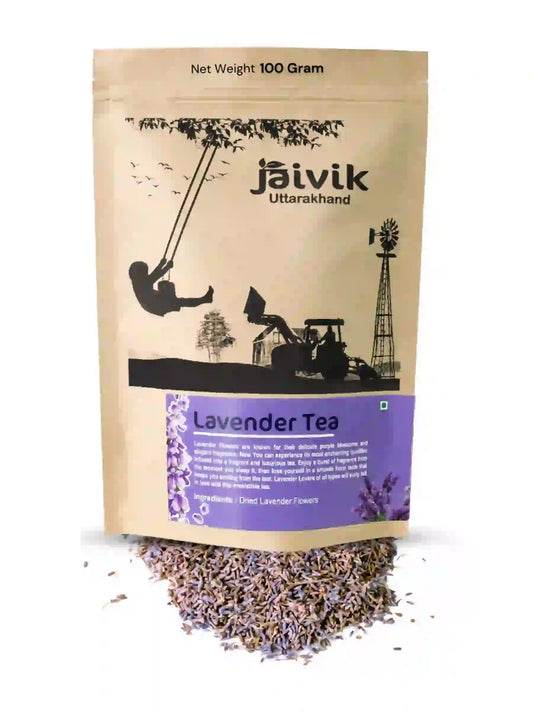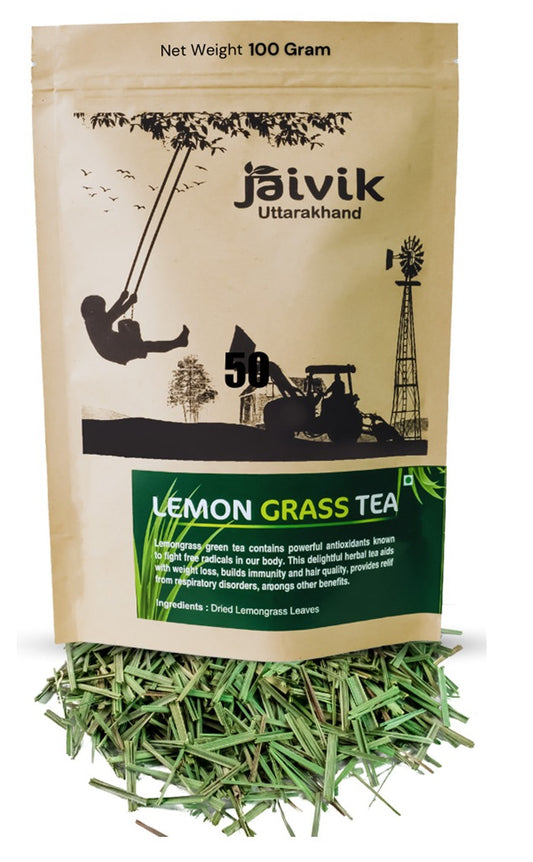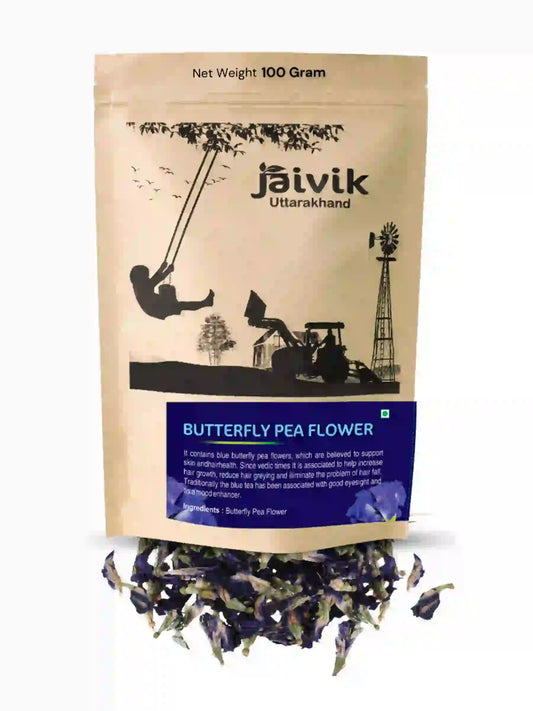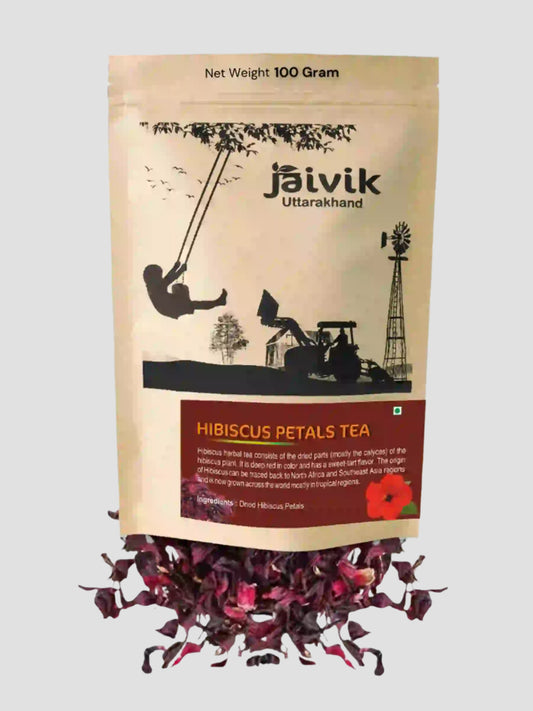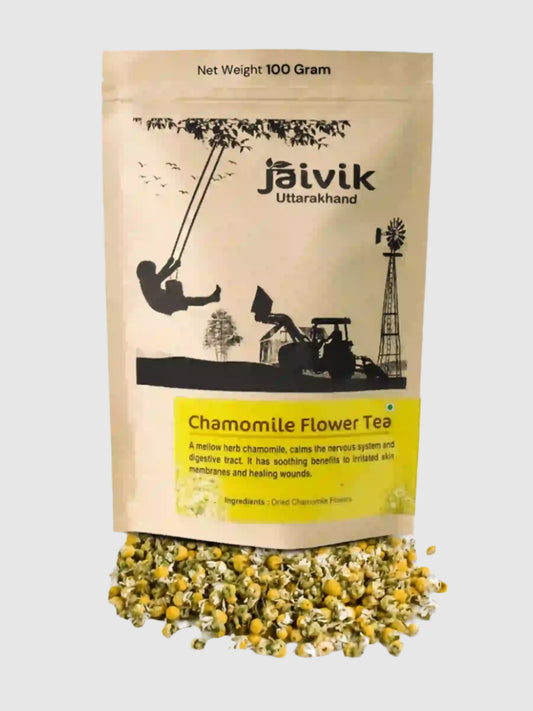Lavender Herbal Tea: A Fragrant Path to Wellness
Lavender Herbal Tea: A Fragrant Path to Wellness
Lavender, with its calming aroma and striking purple blooms, has been cherished for centuries for its beauty, fragrance, and healing properties. Among its many uses, one of the most soothing and beneficial ways to enjoy this versatile herb is in the form of lavender herbal tea. More than just a pleasant beverage, lavender tea is a powerhouse of natural wellness, offering a range of physical and mental health benefits. This article delves into the origin, health benefits, preparation methods, and cultural relevance of lavender herbal tea, guiding you on a fragrant journey toward relaxation and rejuvenation.
Origins and History of Lavender
Lavender (Lavandula angustifolia) is a flowering plant native to the Mediterranean region, including countries like France, Italy, and Spain. The word "lavender" is derived from the Latin "lavare," meaning "to wash," due to its historical use in bathing and cleaning by the Romans. Known for its antiseptic, anti-inflammatory, and calming properties, lavender has played a vital role in traditional medicine systems across Europe, the Middle East, and even parts of Asia.
The use of lavender in tea and tinctures has ancient roots. In traditional herbal medicine, it was often brewed to calm the nerves, improve sleep, and soothe stomach ailments. Today, this tradition continues, with lavender herbal tea gaining global popularity as a natural remedy for modern-day stresses.
Health Benefits of Lavender Herbal Tea
Lavender tea is not just about aroma—its health benefits are well-supported by both traditional wisdom and modern research. Here are some of the most celebrated benefits of consuming lavender herbal tea:
1. Promotes Relaxation and Reduces Stress
Lavender is best known for its calming effects. Drinking lavender tea can help reduce anxiety, lower cortisol levels, and improve overall mood. It contains compounds like linalool and linalyl acetate that interact with neurotransmitters in the brain, promoting a feeling of calm and relaxation.
2. Improves Sleep Quality
Lavender tea is a natural remedy for insomnia and other sleep disorders. It acts as a mild sedative, helping the body relax and transition into sleep more easily. A warm cup before bedtime can create a calming bedtime ritual that enhances sleep quality.
3. Aids Digestion
Lavender tea has antispasmodic and carminative properties, which can help relieve indigestion, bloating, gas, and nausea. It soothes the muscles of the digestive tract and promotes healthy digestion.
4. Supports Respiratory Health
The aromatic vapors from lavender tea can help clear nasal congestion and soothe irritated airways. Drinking it warm can provide comfort during cold and allergy seasons by easing coughs and sore throats.
5. Reduces Menstrual Pain
Lavender’s anti-inflammatory and muscle-relaxing properties can help reduce menstrual cramps. Regular consumption during a woman’s cycle may ease discomfort and improve mood balance.
6. Rich in Antioxidants
Lavender contains polyphenols and other antioxidant compounds that fight free radicals, reduce oxidative stress, and support overall cellular health. This can contribute to better skin, a stronger immune system, and slower aging.
How to Make Lavender Herbal Tea
Making lavender tea at home is simple and requires only a few ingredients. You can use either dried lavender buds or fresh flowers. Here’s how to prepare a perfect cup:
Ingredients:
-
1 to 2 teaspoons of dried lavender buds (culinary grade)
-
1 cup of boiling water
-
Honey or lemon (optional, for taste)
Instructions:
-
Boil the Water: Bring one cup of water to a rolling boil.
-
Add Lavender: Place the dried lavender buds in a tea infuser or teapot.
-
Steep: Pour the boiling water over the lavender and let it steep for 5 to 10 minutes. The longer you steep, the stronger the flavor.
-
Strain and Serve: Remove the lavender buds and pour the tea into a cup.
-
Optional Additions: Add a teaspoon of honey or a slice of lemon for additional flavor.
Tip: Mix lavender with other herbs like chamomile, peppermint, or lemon balm for unique flavor combinations and added benefits.
Precautions and Side Effects
While lavender tea is generally safe for most people, there are a few precautions to keep in mind:
-
Allergies: Some individuals may have allergic reactions to lavender. Discontinue use if you experience any itching, swelling, or difficulty breathing.
-
Pregnancy and Breastfeeding: Consult a healthcare professional before consuming lavender tea if you are pregnant or breastfeeding, as its effects on hormonal balance may not be suitable for everyone.
-
Medication Interactions: Lavender may interact with sedatives or medications for anxiety or depression. If you’re on medication, check with your doctor before incorporating lavender tea into your routine.
Cultural Significance and Modern Use
Lavender tea has long been associated with tranquility and spiritual balance. In aromatherapy, lavender is a symbol of purity, silence, and calm. In various cultures, it’s used during meditation, yoga, and healing rituals to center the mind and restore emotional balance.
In modern wellness trends, lavender tea has found its way into cafes, health stores, and spa menus. It is often featured in detox programs, stress-relief packages, and even in iced tea blends during summer.
Lavender's rise in popularity is also evident in culinary trends. Lavender-infused teas, lattes, and cocktails are now common, combining the herb’s delicate floral taste with innovative presentation. From high-end restaurants to homemade herbal blends, lavender has found a versatile and lasting place.
Environmental Benefits
Lavender is not just good for you—it’s good for the environment too. It is drought-resistant, pollinator-friendly, and easy to grow organically. Cultivating lavender contributes to sustainable farming practices and supports biodiversity by attracting bees, butterflies, and other pollinators.
Conclusion
Lavender herbal tea is more than just a delightful drink—it's a natural remedy for the stresses and strains of modern life. Whether you’re seeking better sleep, improved digestion, or a moment of peace, this aromatic tea offers a gentle yet effective path to well-being. Its long history, medicinal value, and sensory pleasure make it a timeless addition to any wellness routine.
So next time you need a break from the chaos, brew yourself a warm cup of lavender herbal tea, inhale its calming aroma, and let its healing properties gently wash over you—just as they have for centuries.
